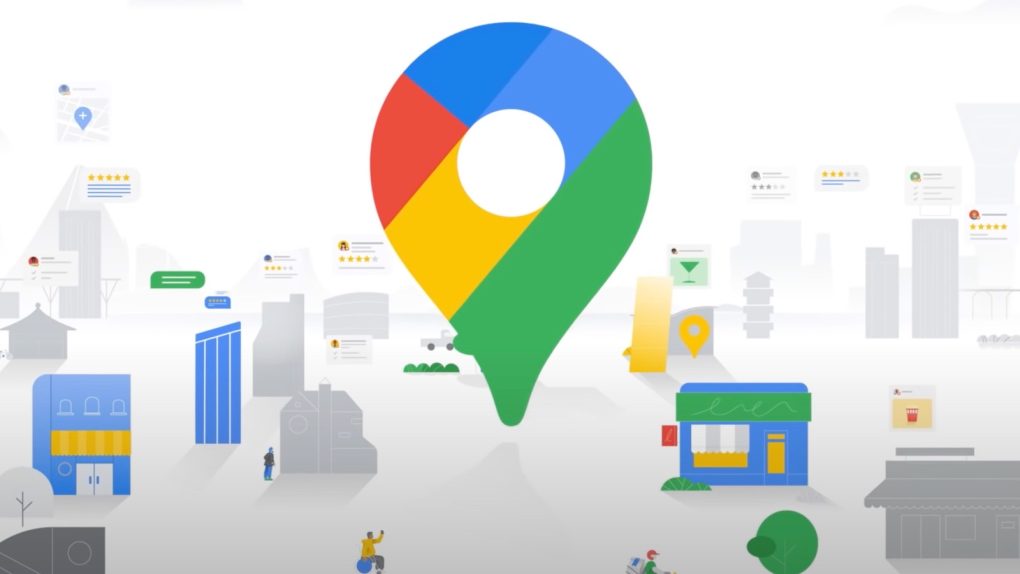Russia invaded Ukraine last week, starting the war that many people feared. Since then, the Ukrainian resistance has been exemplary, with the country putting up a massive fight against the invading force. The entire world took notice, urging Russia to stop the attack and withdraw. Moreover, western countries imposed sanctions against Russia and sent weapons, battle gear, and supplies to Ukraine’s aid. Tech companies reacted, too. Google is one of them, and it has just shut down the Google Maps live traffic features that so many users love.
The feature uses a number of data points to determine traffic conditions in real-time. The Google Maps feature helps users determine the best route to their destination, and it’s the kind of intelligent navigation feature we take for granted. However, in the case of the Russia-Ukraine war, the feature can be abused and put people in danger. As a result, Google shut it down to protect the citizens of Ukraine.
How Google Maps live traffic works
The Google Maps live traffic feature incorporates live information from drivers to determine traffic conditions in real-time. The iPhone or Android phone you’re using to navigate to your destination pings Google’s servers, and Google’s algorithms then issue appropriate guidance.
A birds-eye view at any map in Google Maps will tell you how busy an area is. You can see if there’s traffic and decide to take a different route. The information is also available as you navigate to your destination.
It’s the kind of Google Maps feature that you probably use all the time. It’s so ingrained into the navigation experience that you can’t imagine using Google Maps without it. But that’s in normal, peaceful times.
The Russia-Ukraine war highlighted an obvious problem with Google Maps live traffic. Since anyone can access the data, it can be used to determine unusual traffic patterns that could indicate the movement of troops.
Using live traffic data during the war
It turns out that some people did exactly that. Like Jeffrey Lewis, an open-source intelligence (OSINT) expert and professor at the Middlebury Institute.
Lewis told Motherboard he observed the movement of a Russian army column very early on February 24th with the help of Google Maps live traffic.
“I think we were the first people to see the invasion,” Lewis said. “And we saw it in a traffic app.”
Lewis said that he observed that specific armor unit near Belgorod, Russia, in the previous days. The Google Maps live traffic information told him a massive traffic jam was in progress. Of note, the Google data did not necessarily come from Russian soldiers who forgot to turn off their smartphones.
Instead, other people stuck in traffic might be the reason Google Maps knew about the traffic delays. And this told Lewis that the invasion was underway in a different region of Ukraine than the Donbas.
That’s not the only time an OSINT expert harnessed the Google Maps live traffic data to suggest the Russians were getting ready to attack.
Nearly two days later, the Russians were conducting their first unsuccessful assaults on the capital. That’s when people observed that Google Maps live traffic data might have indicated the main advance into the city.
Given that the Russian attack happened at night and Kyiv has curfews in place, most of the data could have come from soldiers in the field.
How Ukrainians can still use the Google Maps feature
Despite the scary air raids and missile strikes, the Ukrainian army has been able to repel the Russian attacks on Kyiv for several nights. It’s unclear if live traffic data from apps like Google Maps helped either side. But the armies involved in the conflict likely have access to more sophisticated information from the battlefield. That includes satellite and drone imagery.
Even so, Google consulted with sources like the regional authorities in Ukraine. It decided to turn off the Google Maps live traffic feature for Ukraine. That means you can’t see live traffic information from outside Ukraine right now by just bringing the country into view on a smartphone or tablet.
Google is also killing Google Maps Live Busyness, which will no longer inform people how busy a store might be. This should also help protect the Ukrainian citizens as they go out during the day to shop for food or move around the country for other purposes.
Per Reuters, Google said that Google Maps live traffic information will remain available to drivers who use turn-by-turn navigation from within Ukraine. That can still be a troubling feature. It can help the Russians check out the movement of the population during the day.
Google Maps aside, Google has taken additional steps against Russia following the invasion. Google decided not to allow Russian state media to run ads on YouTube and Google. Separately, Google appears to have blocked access to Russian state media’s YouTube channel in Ukraine.








